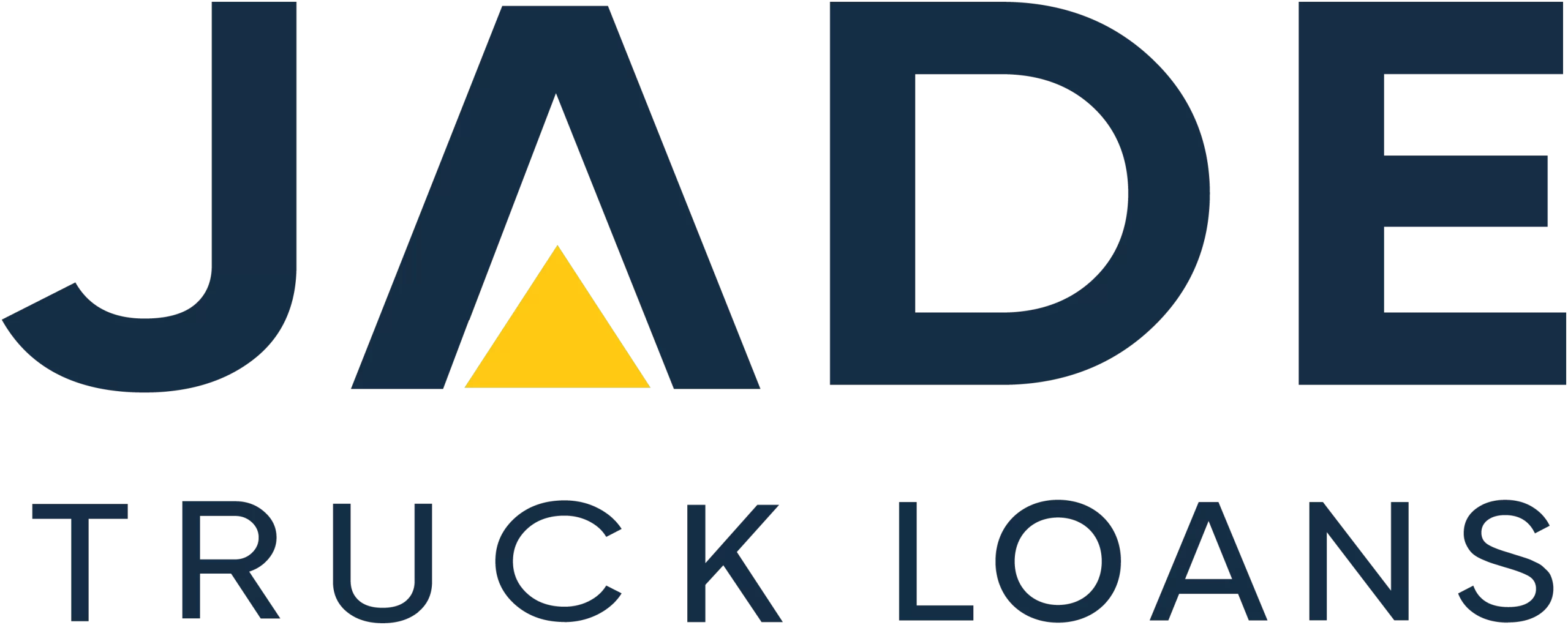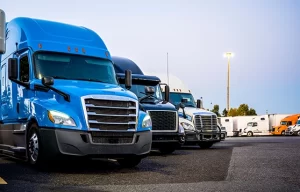While many operators welcomed the investment allowance measures as announced by the Federal Treasurer Josh Frydenberg in the 2020/21 Federal Budget, others are thinking - am I eligible? This may be of particular concern to business owners who are seeking Low Docs, No Docs or Low Credit Truck Loans. These types of truck loans are specialist finance with their own individual conditions often attached. So it is not unreasonable to wonder if you can still take advantage of the tax benefits offered by the asset acquisition budget measures. In particular Instant Asset Write-Off (IAWO) and temporary full expensing.
We’re covering off on the details around low docs and no docs trucks loans and how they interact with asset depreciation tax benefits.
Recap
Based on the eligibility requirements, IAWO permits business proprietors to deduct the entire purchase cost of qualifying assets, such as trucks, within the acquisition's fiscal year. Initially introduced as a COVID-19 relief measure with an end date of 30 June 2020, this was later extended to 31 December 2020. With the recent Budget announcement, the deadline has been further extended to 30 June 2021.
This means that assets procured within this fiscal year can undergo full depreciation, allowing businesses to leverage the associated tax benefits for the 20/21 fiscal year.
The Budget also introduced the Temporary Full Expensing measure, a provision resembling IAWO but with distinct eligibility conditions. Aimed at accommodating larger businesses that weren't initially included under IAWO, this provision doesn't cap the asset value at the $150,000, as was the case with IAWO.
Eligibility Criteria
These measures' qualifiers largely revolve around business size, procurement timeline, and the asset – in this scenario, the truck. Intriguingly, the guidelines don't necessarily bar businesses availing low docs or no docs loans from reaping the benefits.
The truck must be acquired within the stipulated timeframe by a business meeting the turnover threshold and must align with asset criteria. Although new assets are primarily focused upon, used assets, especially trucks, might qualify if the procuring company boasts a turnover under $50 million.
For IAWO, it seems used assets might be viable if bought before the 31 December 2020 deadline and integrated into the business by the fiscal year-end, 30 June 2021.
Loan Suitability
As a specialist finance lender, Jade Truck Loans offers the possibility of Low Docs and No Docs truck loans for our customers. Docs refers to financial documents and business accounts. To be eligible for this type of loan, an operator must meet some minimum requirements, which include holding a current ABN and having identification.
Beyond the minimums, the more information an applicant can provide by way of BAS returns, even basic financial accounts and other information, the more beneficial the loan terms and conditions may be.
Essentially, this type of loan attracts a higher interest rate as it is viewed as higher risk than a fully documented loan. The better quality info the application includes, the better the interest rate and loan conditions should be able to be achieved. Lenders may attach conditions to individual Low Docs and No Docs truck loans such as an additional deposit to be paid, maximum loan terms etc.
Once approved for a Low Docs or No Docs truck loan, the operator should be able to select which particular finance product they want to finance their truck. This is the key element in regard to realising the tax benefits of IAWO and temporary full expensing.
In order to depreciate an asset such as a truck, that asset must be treated as an asset in the business accounts (balance sheet). Leasing and Rent to Own truck finance are off balance sheet loan types. The truck is not entered in the buyer’s accounts but remains in the lender’s accounts until the loan is finalised and ownership title transferred. If you don’t claim the truck as an asset/liability you can’t depreciate it.
On the hand, Chattel Mortgage for truck & trailer loans are a suitable loan type for IAWO and temporary full expensing because the truck is entered into the borrower’s accounts and as such can be depreciated.
Choice of Finance
Off balance sheet finance (leasing and rent to own) are considered as ‘improving the appearance of the balance sheet’. This may be attractive to those seeking Low Docs and No Docs truck loans as they build up their financial and credit profile. However, with this type of loan, the business is not able to realise the IAWO or full expensing.
Selecting Chattel Mortgage does allow the borrower to realise the tax benefit but it means the business takes ownership of the asset from the time of purchase and this may impact the ‘appearance of the balance sheet’.
Truck Leasing and Rent to Own do offer tax deductions in treatments different from depreciation. The lease payments are treated as an operating expense and as such are tax deductible.
These are questions that borrowers should be putting to their accountant or financial advisor for specific advice in regard to their individual circumstances.
In summary, Jade Truck Loans welcomes enquiries for Low Docs and No Docs truck loans and our consultants work closely with customers to achieve a positive and workable outcome. This category of loan is not in general excluded from utilising the investment allowance measures as outlined in the Federal Budget. Buyers should however, be paying particular attention to the choice of loan type and the eligibility criteria in regard to IAWO and temporary full expensing.
To discuss a low docs or no docs truck loan contact Jade Truck Loans on 1300 000 003
DISCLAIMER: THIS ARTICLE INCLUDES INFORMATION, DATA, SPECS, DETAILS AND MATERIALS SOURCED FROM EXTERNAL SOURCES SUCH AS MANUFACTURERS, SUPPLIERS, GOVERNMENT DEPARTMENTS AND OTHER ORGANISATIONS AND NO LIABILITY IS ACCEPTED FOR ERRORS IN THE REPRESENTATION OR PRESENTATION OF SUCH INFORMATION. THE ARTICLE IS PRESENTED AS GENERAL INFORMATION ONLY AND IS NOT INTENDED AS SPECIFIC FINANCIAL ADVICE FOR INDIVIDUALS AND BUSINESSES. THOSE REQUIRING ADVICE IN REGARD TO THEIR INDIVIDUAL CIRCUMSTANCES ARE DIRECTED TO SEEK INDEPENDENT ADVICE FROM THEIR FINANCIAL ADVISOR OR CONSULTANT.


